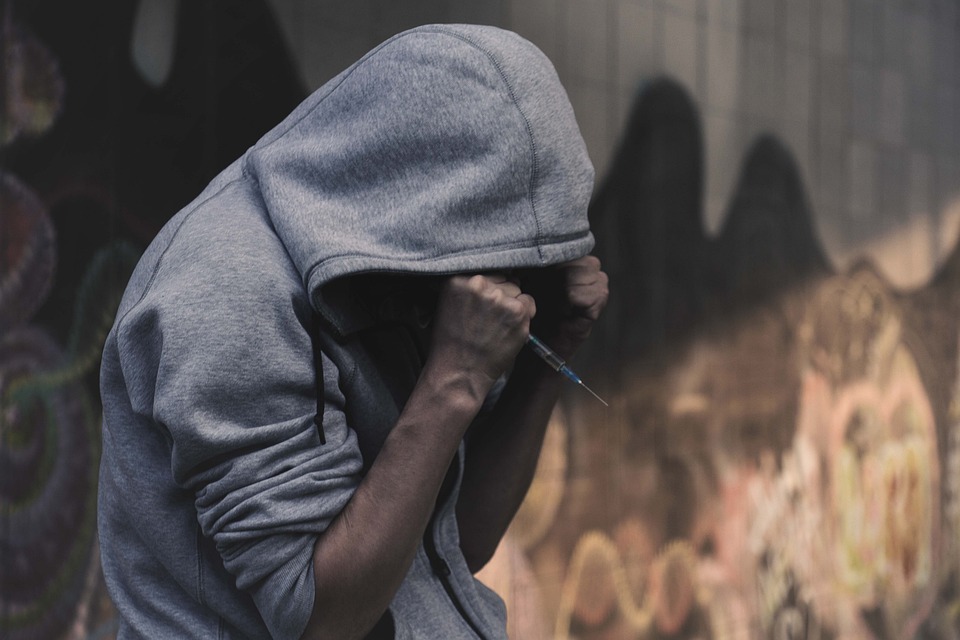Title: From Catfights to Betrayals: The Dark Side of Reality Show Drama Revealed
Introduction:
Reality television has become a global phenomenon, entertaining millions of viewers with its drama-filled narratives. Sprinkled with captivating personalities and outrageous scenarios, these shows often generate jaw-dropping moments, making them impossible to resist. However, behind the scenes, lies a darker side of reality show drama that viewers seldom glimpse. This article delves deep into the underbelly of reality TV, exploring the toxic dynamics, manipulations, and personal betrayals that make for riveting entertainment.
I. The Pressure Cooker: Casting Controversies and Vulnerabilities
1. Casting Controversies: Reality shows thrive on intriguing personalities, but the casting process is fraught with ethical dilemmas, intentional manipulations, and conflicts of interest. Often, producers target individuals who are more susceptible to drama, heightening the tension and generating explosive moments.
2. Contestants’ Vulnerabilities: Participants, driven by their desires for fame, fortune, or recognition, willingly subject themselves to brutal scrutiny. Vulnerabilities can be exploited for ratings, leading to emotional distress and long-lasting impact on contestants’ mental health.
II. Manufactured Drama: The Puppeteer Producers
1. Scripting and Manipulation: Behind the scenes, producers shape narratives through carefully edited content, scripted conversations, and contrived situations. Authenticity often takes a backseat to creating exaggerated conflicts, leading to an artificial portrayal of reality.
2. Emotional Manipulation: Contestants are often subjected to high-pressure and emotionally charged environments, intentionally designed to provoke emotional outbursts, conflicts, and meltdowns. This manipulation can push individuals to their limits and lead to the deterioration of relationships.
III. The Machinations of Betrayal: Cast and Crew
1. Alliances and Backstabbing: On reality shows, alliances are often formed to gain a competitive edge. However, when contestants prioritize personal gain over genuine relationships, backstabbing and betrayal become common. Trust becomes elusive, leading to heightened tensions and emotional fallout.
2. Producers as Puppetmasters: Producers, keen on maximizing the dramatic potential of their shows, often manipulate contestants to betray each other. They subtly instigate conflicts, create divide and conquer strategies, and exploit vulnerabilities for television-worthy moments.
IV. The Psychological Toll: Contestants’ Mental and Emotional Well-being
1. Public Scrutiny and Online Trolling: Contestants who emerge as villains or victims on reality shows are subjected to intense public scrutiny. Online platforms become breeding grounds for relentless trolling and cyberbullying, profoundly impacting their mental health and self-worth.
2. Post-Show Struggles: Many contestants suffer from post-show depression, anxiety, and PTSD due to their experiences. The sudden loss of the limelight, coupled with the stigma attached to being part of a heavily edited reality show, can lead to prolonged psychological distress.
V. The Responsibility of Reality Show Producers and Broadcasters
1. Ethics and Boundaries: Reality show creators and broadcasters must hold themselves accountable for the effects their productions can have on contestants’ lives. Establishing ethical guidelines, providing mental health support, and promoting a healthier working environment are crucial steps towards minimizing harm.
2. Audience Responsibility: As viewers, we shoulder some responsibility for the perpetuation of such shows. By advocating for authentic representation and supporting ethical reality TV, we can promote an environment that prioritizes emotional well-being over sensationalism.
Conclusion:
From catfights to betrayals, reality show drama has become a pervasive staple in our entertainment landscape. However, the reality behind the scenes is often more dramatic and damaging than what is presented on screen. It is our collective responsibility to question the dark side of reality show culture, advocate for change, and prioritize the well-being of both participants and viewers alike. Only by addressing the toxic dynamics, manipulations, and personal betrayals can we pave the way for a more ethical and responsible future for reality television.

